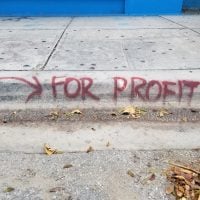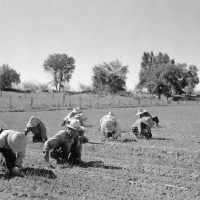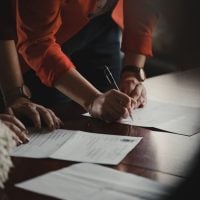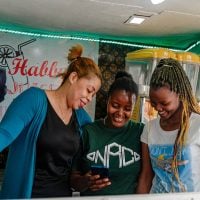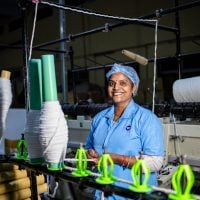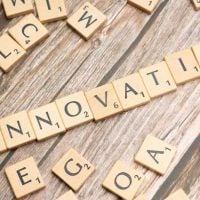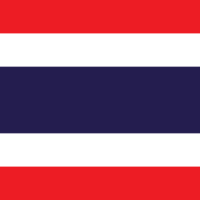Deadline: 10-Apr-24
Are you a Local NGO or CSO committed to improving sanitation and hygiene services? Here’s your opportunity to contribute to sustainable development! UNICEF Zambia invites you to participate in the Expressions of Interest (EOI) for the project titled “Sanitation and Hygiene Promotions and Sustainability of WASH Services in Luapula Province”.
The United Nations International Children’s Emergency Fund (UNICEF) Zambia under the leadership of the Ministry of Water Development and Sanitation (MWDS), and in collaboration with the Provincial and District Authorities is supporting the improvement of WASH services in Luapula Province as per the GRZ – UNICEF Annual Work Plan for 2024.
The provision of WASH services is being provided through the provision of water supply facilities and promotion of improved sanitation and hygiene practices in unserved rural areas, most cases rural communities, schools and primary health care facilities. In view of the above, UNICEF Zambia wishes to partner with a Local Civil Social Organization (CSO) or Local Non-Governmental Organization (NGO) to conduct sanitation and hygiene promotion activities that will support in the attainment of improved availability of inclusive WASH facilities, and increased knowledge of safe hygiene practices as well as adapted behaviors in climate-related extreme weather events among, 200,000 people in the target districts.
Sector(s) and Area(s) of Specialization
- WASH and Environment
- Basic sanitation
- Energy
- Water
Funding Information
- Indicative Budget: 200000.00000
Duration
- The project’s tentative duration is two (2) years from the date of signing the partnership agreement with UNICEF. Strong collaborations and monitoring systems will need to be developed with the districts, traditional leadership and Environmental Health Technologists (EHTs) to effectively monitor the post implementation of key activities. In case of intervention targeting water schemes, the CSO shall work with Commercial Utility Companies and relevant district authorities in implementing sustainable O&M interventions.
Expected Outcomes
- Additional number of households who construct new basic sanitation facilities or upgrade existing traditional latrines, which are adapted to the expected climate-related changes. b)
- Additional number of people reached and sensitized (or re-sensitized) and adopting hygiene measures (storage, treatment, and handling of drinking water; importance of using latrines; importance of handwashing with soap; proper disposal of children feces etc.), and adapted behaviour in climate related extreme weather events (increase in the adaptability to climate change).
- Additional number of people who have gained access to basic hand hygiene facilities and have adapted (or re-adapted) their behaviour resulting in providing themselves with improvised hand washing facilities and are using available facilities.
- Additional number of people using sustainable water supply facilities/number of inclusive water management committees providing sustainable water services and are collecting user fees for recurrent operation and maintenance.
- Additional number of people who have become aware of and have adopted gender and disability inclusion and youth participation in the management of WASH infrastructure.
Expected Results
- By 2027, the most vulnerable and disadvantaged communities including children have increased access to safely managed, climate-resilient, sustainable, gender-responsive, and equitable WASH services that are functioning in their communities and at local institutions.
- The expected results to be achieved under the project include:
- Review baseline and endline KAP survey/assessment to measure intervention impact conducted by CARE with a gender and disability inclusive criteria.
- Re-orientations through Capacity building and systems strengthening for obtaining, managing and reporting CLTS Data at district and sub-district levels: (V-WASHE, Sanitation Action Groups (SAGs), Masons, Neighborhood Health Committees (NHCs), Environmental Health Technicians (EHTs), selected Parent Teacher Association (PTA) members, School Health and Nutrition (SHN) clubs, teachers, and health care staff, in Community-Led Total Sanitation (CLTS)).
- Implement comprehensive package of sanitation and hygiene promotion intervention for attainment of ODF using CLTS, SLTS, SBC and O&M sustainability approaches, mainstreaming of gender and disability inclusive requirements, whilst ensuing that PSEA and grievance mechanisms are enhanced.
- Conduct sanitation marketing and construction of Demo latrines in host communities with due consideration of safety, adaptability, accessibility, inclusivity and convergence points for community members.
- Adapt and utilize standard tools for reporting, monitoring and data management across implementation levels (this should include adapting effective means of verification and certification of ODF achievements).
- In collaboration with Water Utilities and District Councils, conduct capacity building of water management committees of completed infrastructure in sustainable operations and maintenance of services (operation, repair & maintenance, billing and collection of fees)
Eligibility Criteria
- The call for EOI is for local NGOs or LCSOs having the relevant expertise and experience for implementation of WASH interventions on partnership basis with UNICEF.
For more information, visit UNICEF.

